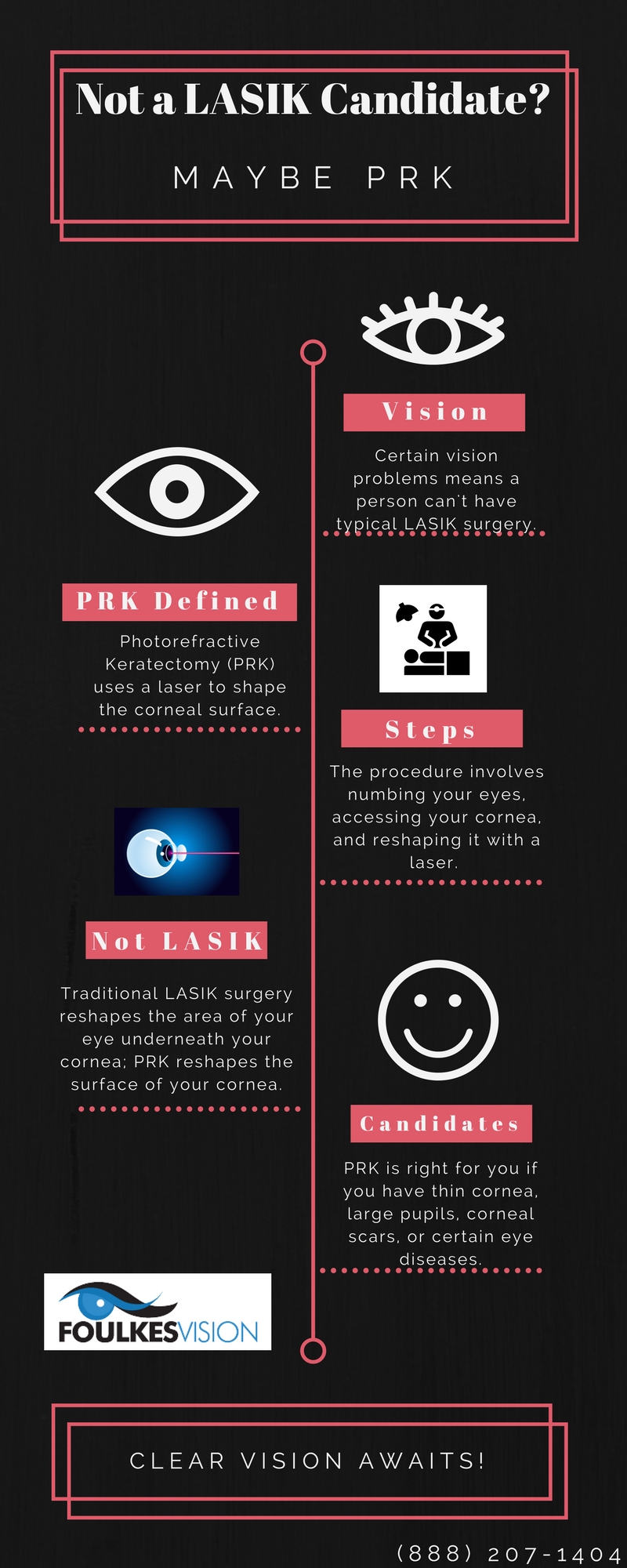Frequently Asked Questions Concerning Lasik Eye Surgery

Content by-Skriver Ryan
Prior to LASIK, your eye cosmetic surgeon will examine your vision to ensure it is steady. She or he will also check to see if you have any other eye problems that can affect your outcomes.
After the ophthalmologist has actually applied numbing eye drops, she or he will produce a paper-thin flap in your cornea tissue using a tool called a microkeratome or laser. The treatment is painless.
What Is LASIK?
LASIK is a type of refractive surgical procedure. It corrects vision issues triggered by refractive mistakes, which occur when the cornea or lens do not properly flex light rays.
Lots of people who have LASIK achieve great distance vision without glasses or contacts. Nonetheless, they may need reading glasses to see close. The results of LASIK are long-term, although visual side effects are short-lived.
Can I Have LASIK if I Have Astigmatism?
Blurry vision is often caused by astigmatism. LASIK can assist with this trouble by making your cornea more balanced. The specialist will certainly utilize a device called a microkeratome or laser to reduce a slim flap in your cornea, after that fold it back. They will then make use of a laser to improve the cornea so it can bend light far better.
The only thing that LASIK can't do is correct presbyopia (age-related farsightedness). This can only be finished with cataract surgical treatment.
Can I Have LASIK if I Have Dry Eye?
A vital part of the LASIK evaluation is checking exactly how well your eyes generate tears. Some people with dry eye are incapable to get LASIK because it can aggravate the condition.
Dry eye is a typical side effect of LASIK due to the fact that the procedure cuts corneal nerves. Nonetheless, St Louis Lasik Surgeons enhances as the eye heals. You can make use of man-made splits and punctal plugs to handle your symptoms.
Can I Have LASIK if I Have a Cataract?
Most of the times, yes. LASIK can boost your vision after cataract surgery.
When you have a cataract, your lens is over cast and your close-up vision is blurred. LASIK can aid with this, along with your range vision.
During LASIK, your surgeon will certainly utilize a laser or a blade to create a slim flap on your cornea. After that the specialist will fold up the flap back and also make use of a laser to reshape your cornea.
Can I Have LASIK if I Have a Retinal Detachment?
Retinal detachment usually arises from a retinal tear. The physician will repair the tear with an in-office treatment called pneumatically-driven retinopexy. After the eye is numbed, the medical professional inserts an expandable gas bubble right into the eye to press the removed retina against its assistance tissue.
LASIK does not right presbyopia, which creates as you grow older and causes fuzzy close-up vision. However, it can be integrated with mono-vision to minimize or eliminate the requirement for reviewing glasses.
Can I Have LASIK if I Have a Hyperopia (Farsightedness) or Nearsightedness (Nearsightedness)?
Many health insurance business do not cover LASIK because it isn't considered medically necessary. Nonetheless, they may compensate individuals for lens implants if a doctor is part of their network.
Before you undergo LASIK, your ophthalmologist will certainly do a comprehensive eye test. This will consist of checking your overall eye health and wellness, pupil size and also refractive error. He or she will likewise determine the thickness of your corneas.
Can I Have LASIK if I Have Presbyopia (Aging Eyes)?
LASIK does not deal with presbyopia (loss of near vision connected with age). Rather, it fixes refractive errors by improving the cornea.
After numbing declines and covering the eye with a guard or spot, the surgeon creates the flap. Then the laser reshapes the cornea. You might listen to a clicking sound and also scent an unusual scent. This is regular as well as does not cause injury.
Can I Have LASIK if I Have Keratoconus (Curved Cornea)?
In LASIK, your specialist will utilize a femtosecond laser to reduce a slim flap in the cornea. They will after that fold it back as well as use a different laser to improve your cornea.
Your vision is based on just how light enters your eye, flexes with the lens and also concentrates on the retina. https://www.bloombergquint.com/markets/lasik-surgery-during-covid-19-for-tired-eyes-what-to-know keep light from focusing appropriately as well as cause blurred vision.
Can I Have LASIK if I Have Blepharitis (Inflammation of the Eyelids)?
Many individuals choose LASIK since they desire freedom from glasses or call lenses. It is very important to discuss your goals with your eye doctor before having the treatment.
LASIK is not excruciating. Eye decreases are positioned to numb your eyes prior to the surgical treatment. https://wilfredo0ernestine.bravejournal.net/post/2023/06/07/Post-Op-Treatment-Tips-For-A-Smooth-Healing-After-Refractive-Surgery describe really feeling a minor pressure but no discomfort. Recuperation from LASIK is relatively fast. Your vision will certainly be a little fuzzy and also light sensitive right after surgical treatment however must improve quickly.
Can I Have LASIK if I Have a Corneal Thickness Issue?
LASIK fixes vision by reshaping the corneal tissue. To do this, the cornea needs to be thick enough for the specialist to produce a flap.
If your corneas are also slim, you may be a candidate for laser vision improvement procedures that do not need developing a flap, such as PRK or Epi-LASIK. These procedures have comparable outcomes to LASIK yet work in a different method.

